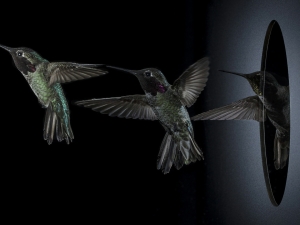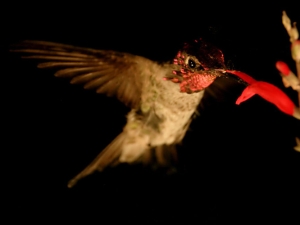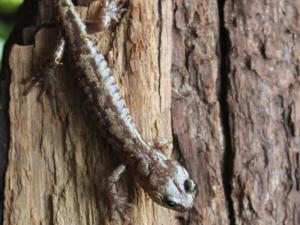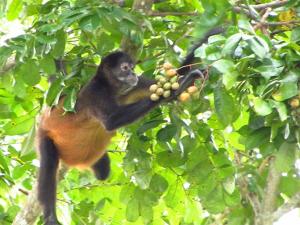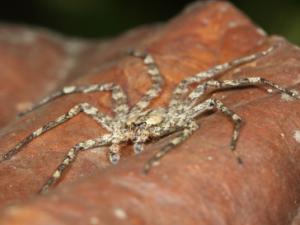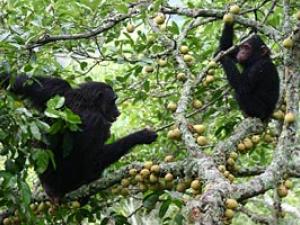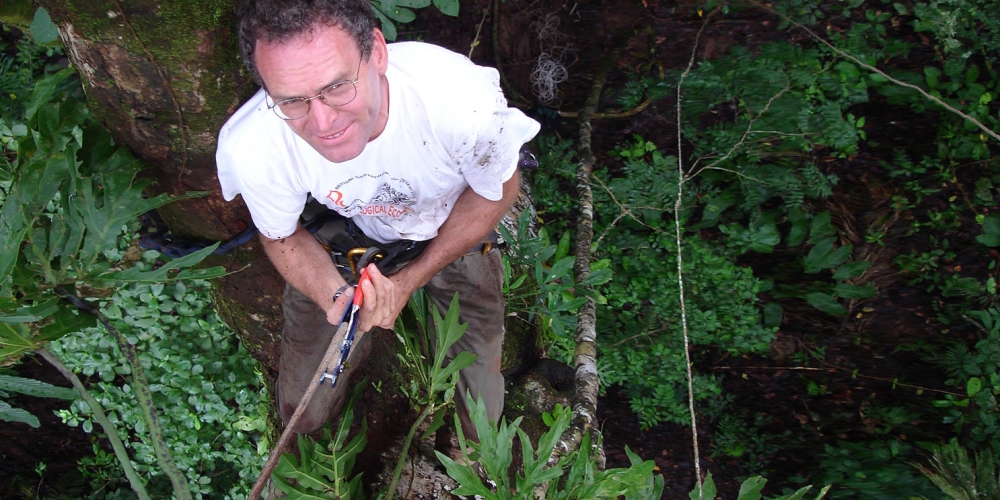

Research Bio
Robert Dudley's research focuses on the biomechanics, energetics, and evolution of animal flight, particularly in insects and hummingbirds. Flight mechanisms are investigated with high-speed three-dimensional videography, metabolic measurements, and experimental manipulations using physically-variable gas mixtures. One current interest is to describe hummingbird flight maneuverability and the dynamic regulation of three-dimensional force vectors. Laboratory studies of flight biomechanics are complemented by fieldwork at varied sites around the planet, focusing particularly on the ecophysiology of butterfly migrations in Panama and the biomechanical correlates of erratic flight paths.
Additional projects include the evolution of gliding in Southeast Asian flying lizards and Neotropical ants, hummingbird flight performance across elevational gradients in Peru, and the paleophysiology of arthropod gigantism. Research students are encouraged to ask idiosyncratic biomechanical and ecophysiological questions to which a diversity of technological and phylogenetic approaches available in the lab may be applied.
Research Expertise and Interest
metabolism, biomechanics, butterflies, energetics, flight, gliding, hummingbirds, insects, paleophysiology
In the News
Hummingbirds’ Unique Sideways Flutter Gets Them Through Small Apertures
Do Hummingbirds Drink Alcohol? More Often Than You Think.
Skydiving Salamanders Live in World’s Tallest Trees
Monkeys Often Eat Fruit Containing Alcohol, Shedding Light on Our Taste for Booze
Biologists discover skydiving spiders in South American forests
Arachnophobes fearful of spiders jumping, creeping or falling into their beds now have something new to worry about. Some spiders might also glide in through the window.
Drunken monkeys: what animals tell us about our thirst for booze
Robert Dudley, an evolutionary physiologist and professor of integrative biology, discusses his new book, “The Drunken Monkey, Why we drink and abuse alcohol” (UC Press 2014). Dudley talks about his motivations for writing the book, the evidence that our attraction to alcohol is an evolutionary adaptation, and what this means for efforts to prevent alcohol abuse.
How hummingbirds shake off the rain
Ever wonder how birds are able to fly in the rain? Robert Dudley and Victor Ortega-Jimenez showed that hummingbirds shake their heads with 34 g’s of force, much like a dog flings off water. But hummingbirds do this in flight in the heaviest downpour without losing control.

